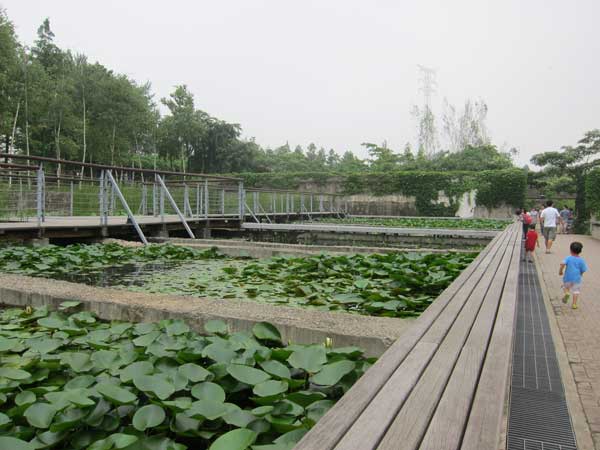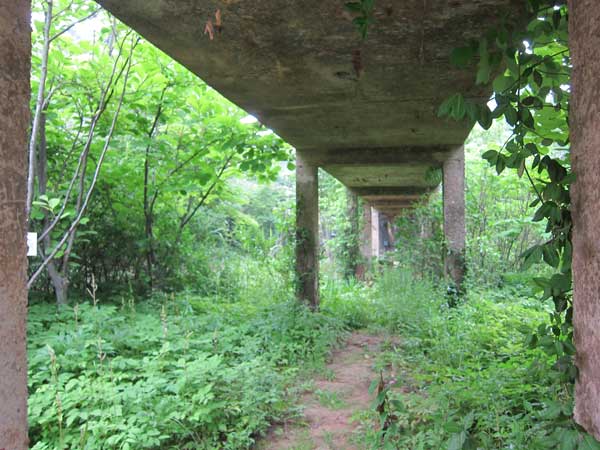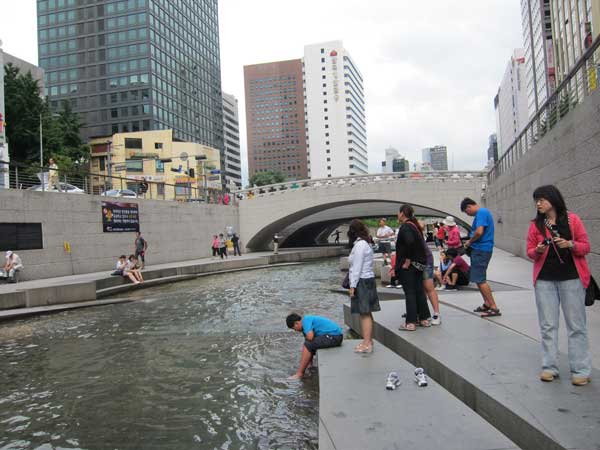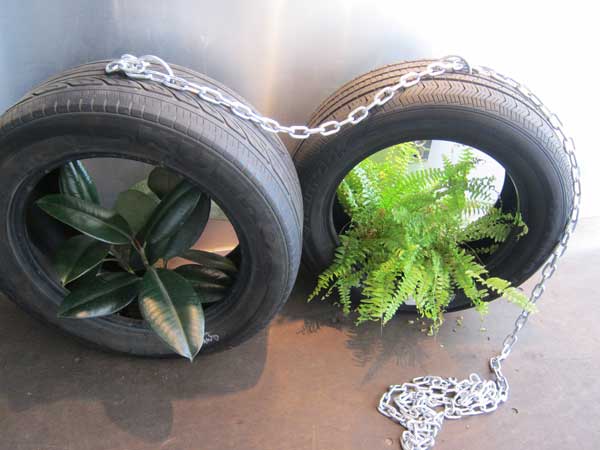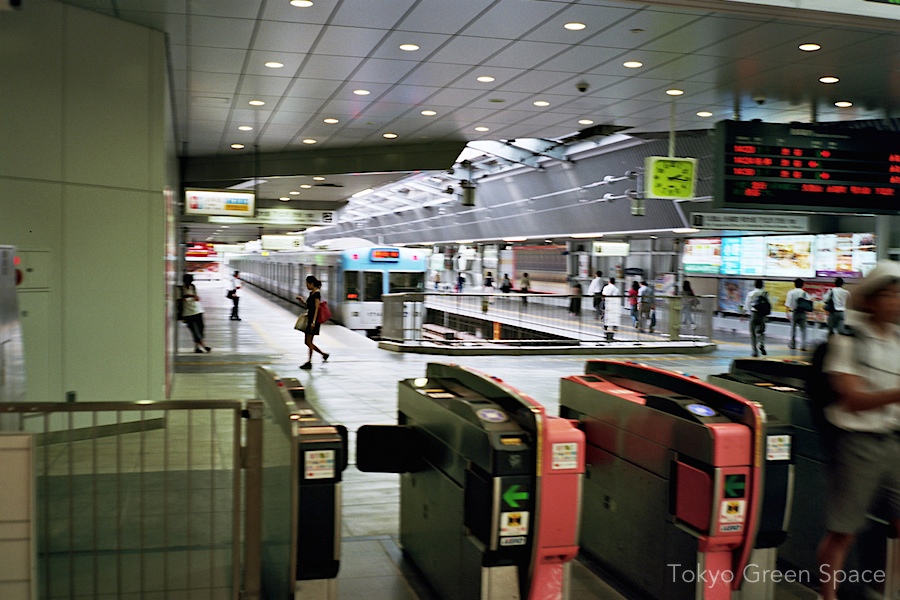
大きい都市だけかもしれないが、日常の動きに魅力を感じます。

最近、不動産関係のコンサルティングをさせていただいているので、都市開発の魅力について考えています。東京の高級住宅はよくカタカナ英語を使います。けれども、日本のお客さまへのものなので、和製英語が多いですね。
Recently I am consulting for one of Japan’s largest real estate companies seeking to attract residents to a waterfront area that many might not have considered before. What makes an apartment or a neighborhood desirable? What architectural and landscape choices are most important? What are the trends today and in the future that drive consumer choice?
As an English speaker in Tokyo, I am also always drawn to the selective English language marketing, often an odd English name for the property. This building advertised in the Sendagaya JR station has a name that has a certain logic, but which also completely fails as an English language name.
Yes, Gro-bel is a shortened form of “Grow Best Life Stage.” It’s also the Japanese pronunciation of the word “global.” What was meant as optimistic, modern and international, instead comes off as bizarre, stilted, and heavy handed. In this context, using English is more decorative than functional or expressive.
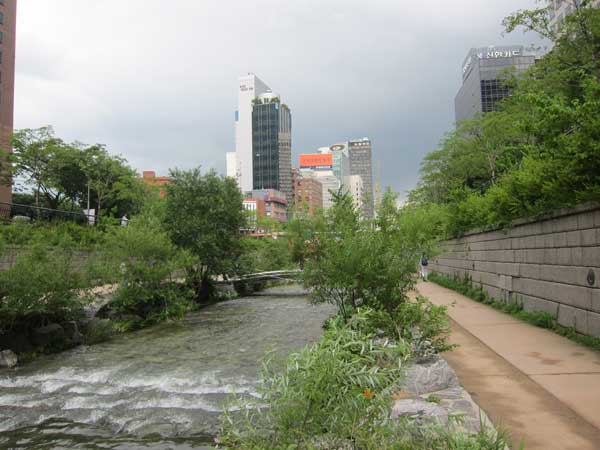
去年の夏、ソウルを訪れて驚きました。短い期間で、東アジアの他の醜い都市から離れて、魅力的で住みやすい都市になりました。ソウルを見たときに、なぜは東京政府と都市計画は、過去でなくて、未来を見つめないのでしょうか。
In the past five years, Seoul has gone from one of East Asia’s ugliest mega-cities to one of its most livable and attractive. The transformation has been rapid. While I think Tokyo is often stunted by its autocratic government and urban planning, Seoul shows that East Asian cities can be dynamic and forward-looking.
On a visit last summer, I toured new city parks (the Cheonggyecheon river and Seonyudo island), visited art galleries, experienced the mix of old and cutting edge architecture, and met meta-designers, Seoul’s city brand manager, and a national environmental researcher.
